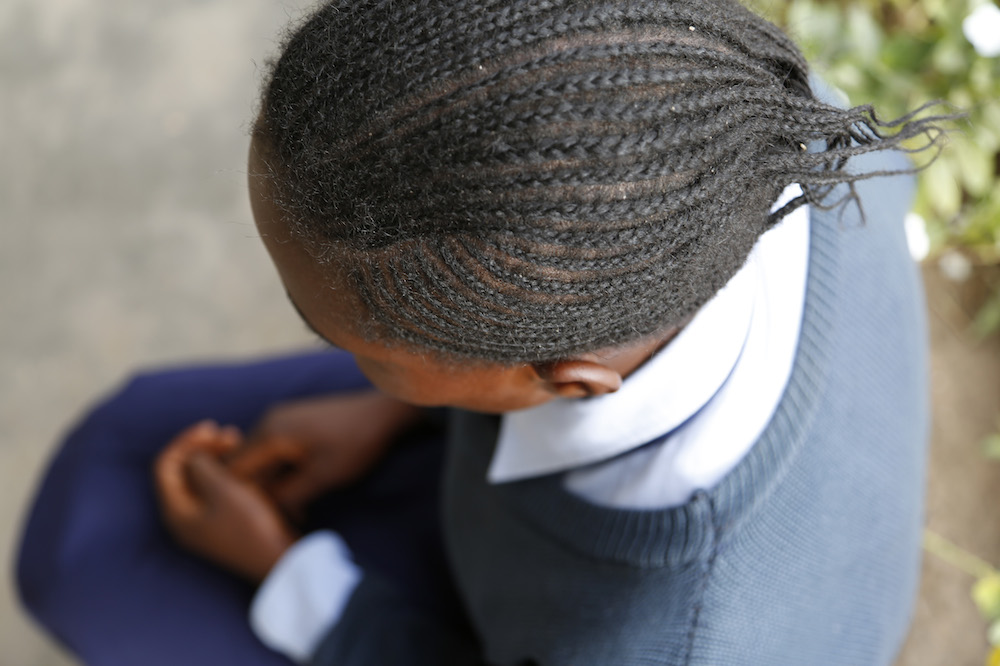
Malaysian parliament votes against a ban on child marriage
Barriers to education, Child marriage, Girls' education, Right to education
There was an outcry over comments by an MP about girls being "physically and spiritually" ready for marriage - which can disrupt their education and have serious health consequences.
An attempt to make child marriage illegal in Malaysia has failed.
Members of Parliament voted against amending the Sexual Offences Against Children bill to include a ban on marriage under the age of 16 for girls.
There was also an outcry after a Malaysian MP told a parliamentary debate on the issue that girls as young as nine were “physically and spiritually” ready for
marriage – and that there was “nothing wrong” with a rape victim marrying her rapist as she would then not face a “bleak future”.
Sharmila Sekaran, chair of the Malaysia’s Voice of the Children NGO, told the BBC the claim by former sharia judge Datuk Shabudin Yahaya represented a “worrying trend” for young girls.
She added: “You have politicians like him, giving voice to dangerous statements and backward views. It only serves to reinforce the view that rape is OK.”
There were more than 9000 child marriages in Malaysia in the past five years, according to the United Nations – most of them in rural or traditional communities.
Girls can legally marry at 16 and boys at 18. But younger Muslim children can wed legally if they have permission from their parents and religious courts.
Girls who marry young can have their education disrupted because they are not permitted to return to school or because of early pregnancy.
Lack of education then limits girls’ and women’s options to improve their circumstances economically and make better choices. Having babies too young also causes serious health issues.
The attempt to make child marriage a criminal offence came from opposition MP Teo Nie Ching.
The new sexual offences law was passed but her proposal was voted down.
“The law is more stringent now… but not enough,” she said.
The new law criminalises “grooming” of children and spells out penalties for making and possessing pornography involving those under 18. A special court will also be set up under the new law to deal with child sexual abuse cases more quickly.
But most of the headlines centred on the comments of Shabudin Yahaya, a member of the Barisan Nasional coalition.

As the child marriage proposal was debated, he said about girls: “They reach puberty at the age of nine or 12. And at that time, their body is already akin to them being 18 years old. So physically and spiritually, it is not a barrier for the girl to marry.”
While he acknowledged rape was a criminal offence, he suggested rapists and their victims could sometimes get married.
He added: “Perhaps through marriage they can lead a healthier, better life. And the person who was raped does not necessarily have a bleak future. She will have a husband, at least, and this could serve as a remedy to growing social problems.”
His comments sparked outrage on social media and some opposition politicians called for him to be fired.
In a statement yesterday, Shabudin said his comments were taken out of context and that marriage was not a “back door exit to legalise rape”.
He said he rejected the motion to ban child marriages because it was contrary to sharia law.
More news

Skills for the future give young people the best chance of success
